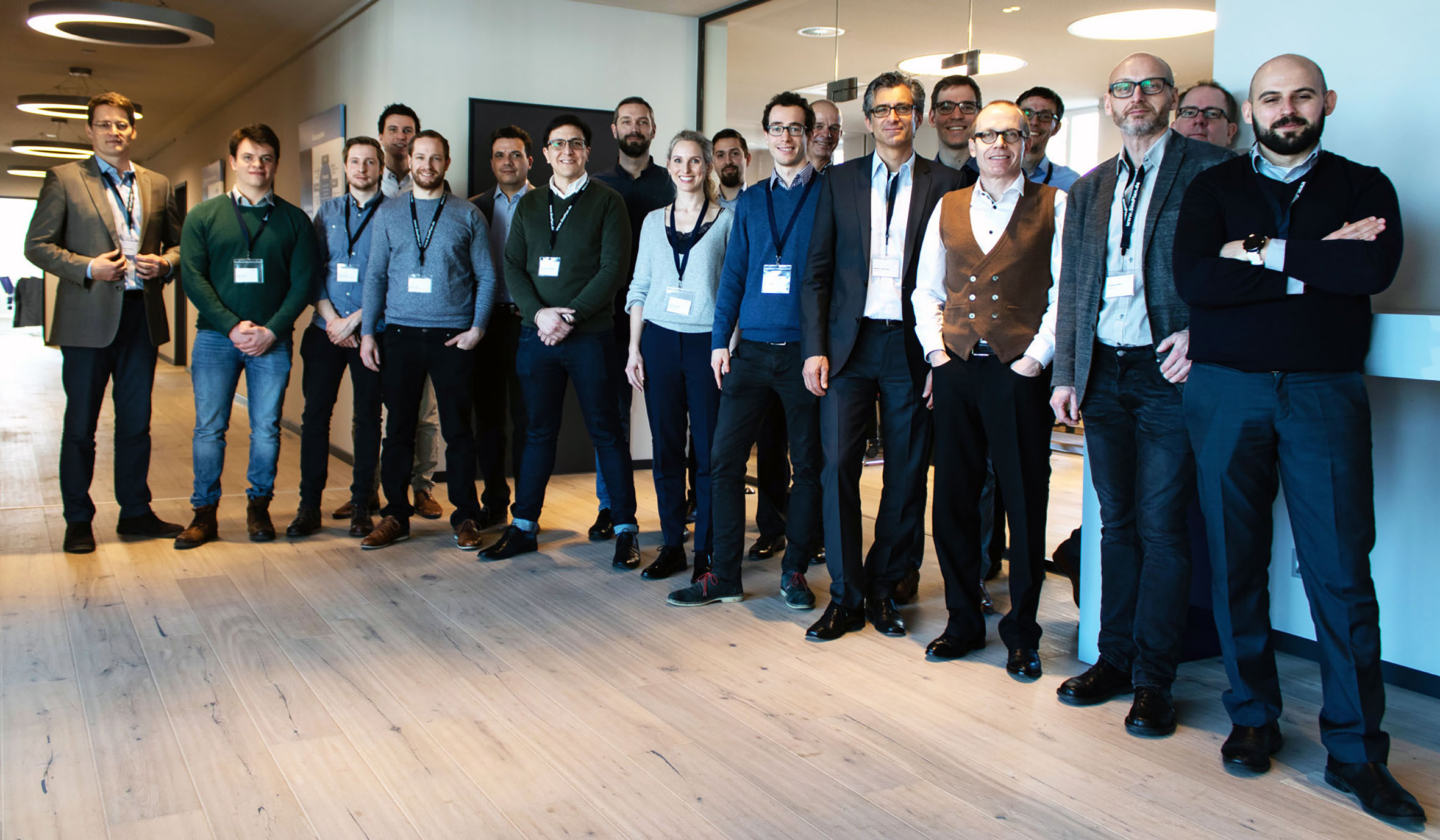After-sales, including process optimization, training, maintenance, conversions and modernizations, is becoming increasingly important for DIEFFENBACHER and others throughout industry. To maximize after-sales potential, DIEFFENBACHER and nine other German companies and institutes have joined forces to launch a research project called SEAMLESS (Simulation-supported assistance system-based engineering and maintenance solutions for lean after-sales services).
The aim of the project is to develop and provide simulation tools on a cloud-based platform, allowing users to combine different simulators synergistically and use them for smart services. By networking various simulation systems with each other and production plants, companies can learn from real-time data, control processes automatically and make better decisions.
One potential outcome from the research project is augmented reality assistance systems for use during service visits. Service technicians or customers could be provided technical support via data glasses or mobile devices, thus increasing the efficiency of service visits. Another example could be wear-based planning of service activities. By improving maintenance evaluations and predictions using simulation-supported condition monitoring, impending failures of critical plant components could be detected at an early stage and proactive service visits could be scheduled.
SimPlan AG from Hanau is coordinating the research project. Project partners include DIEFFENBACHER, Actimage GmbH from Kehl, EKS InTec GmbH from Weingarten, EXAPT Systemtechnik GmbH based in Aachen, the Karlsruhe FZI Research Center for Information Technology, Aachen-based Innolite GmbH, Seeburger AG from Bretten, the Chemnitz University of Technology and the RWTH Aachen University.
SEAMLESS is funded by the German Federal Ministry of Education and Research in the funding area “Complex Products, Production Processes and Plants (Smart Services)” and is supervised by the project executing organization Research Center Karlsruhe.

